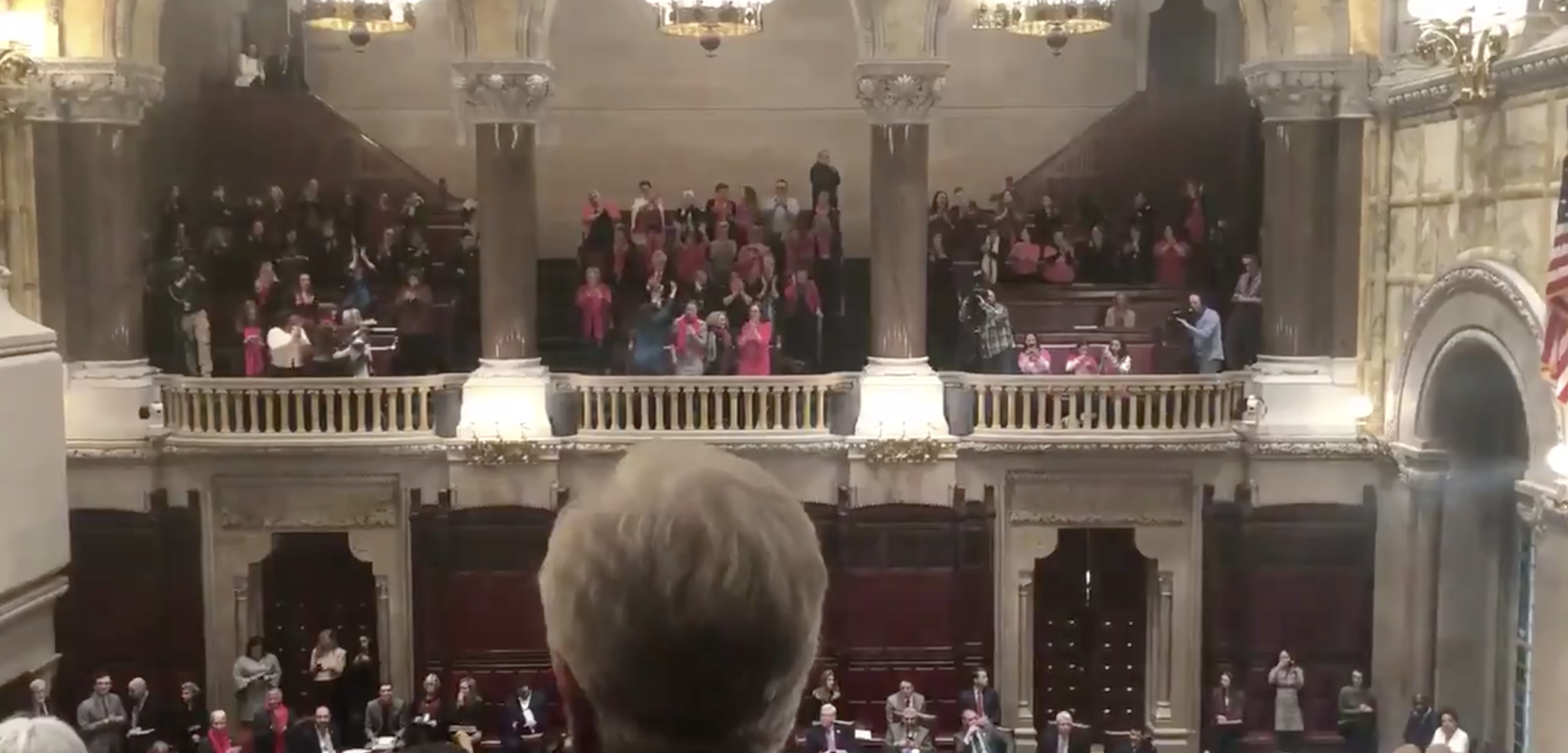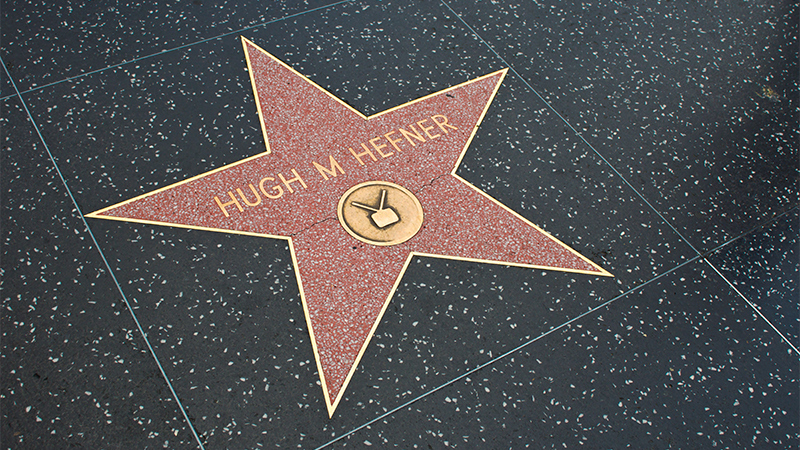Many were alarmed and dispirited by footage this week of raucous cheering in the New York State Senate chamber. The “Happy Days Are Here Again” sort of celebration wasn’t for a bill to guarantee health care or repair roads or to reform the government. The applause and laughter was instead for a bill to remove any protections as persons from unborn children at any stage of pregnancy. While this video does indeed tell us much about the culture in which we live right now I actually think another piece of footage tells us more.
A few weeks ago, I watched an episode of a video series in which children ask questions of an adult. One episode featured an adult who was a mortician, for instance, in order to talk about death and grieving. This particular episode was a conversation between children and a woman who has had an abortion. What struck me the most is that it was a kind of Sunday school.
As someone who believes strongly in Sunday school, I’ve always bristled at the use of the term “Sunday school answer.” I get what the term is meant to imply: a shallow, surface-level answer that is given by children because they know what the adults around them expect. An old pulpit cliché would often talk about the Sunday school teacher who, about to tell a story about a squirrel, asked children what was furry, with a bushy tale, climbed trees, and stored up nuts for the winter. One child is said to have replied, “I know the answer is ‘Jesus,’ but I’m just trying to figure out how to get there.” The point of the cliché is that there’s a real answer, but then there’s the answer one is supposed to give.
That’s what appears to have happened in this interview between the abortion-rights activist and the children. The children seem to be trying to give the “right” answer. One says that abortion is okay, as long as it for “good reasons.” This answer is obviously the wrong one, as the adult seems to chastise him for differentiating between “good” reasons and “bad” reasons. Children keep using the word “baby” in reference to the “choice” that abortion is supposed to be about. The activist, whenever encountering some moral hesitation about abortion, asks the children whether their families are religious, as if to explain some irrational repression. The children seem to be trying to find what it is the adults want them to say, but there are some moral realities they can’t help but bump into along the way.
That’s both the good news and the bad news for those of us who believe in human dignity and the protection of human life, regardless of age, size, or vulnerability. In order to see the realities around us, we must have a thick Augustinian vision of both human createdness and human fallenness.
The fallen nature of humanity is evident. Who could cheer the potential to stop the beating hearts of children who are, in some cases, just weeks away from birth? And the closer one gets to the issue, the more one sees just how blinded by injustice people can get. Some who claim to be about protecting the weak from the strong are able to nonetheless completely ignore those, the unborn, who are politically unpopular in their tribe. And others, who are allegedly “pro-life,” are sometimes viciously antagonistic to the lives of others who are similarly politically unpopular in their mirror-image political tribes. The culture of death means that life is valued in terms of its power, and that is far deeper, and more dangerous, than just a momentary culture war.
If all we could see was the psychic wreckage of the Fall, we would be tempted toward despair, not only about justice for the unborn but about every aspect of the call for justice for the weak, a call for justice mandated by the life of Christ himself (Ps. 72:1-14). But the Fall is not the end of the story, nor is it the beginning.
People are created in the image of God, endowed not only with certain unalienable rights, as Mr. Jefferson correctly put it, but also with consciences that, in moments when not protected by the sin nature, can perceive the goodness of creation and the inevitability of judgment (Rom. 2:15-16). We speak about those the world doesn’t want to hear about—whether they are unborn children or abused women or neglected elderly or scapegoated migrants—not because we are “winning” on the issue at the moment, but because we must speak, conscience to conscience, with Judgment Day in view.
A sense of God’s creation keeps us from despair. A sense of the human Fall keeps us from triumphalism. In holding both together, we see the City of God and the City of Man together, one hurtling toward death, but the other Marching to Zion. Some of the consciences cheering on abortion, or slavery, or racism, or a multitude of other ghastly injustices may well be turned around, and may in good time lead in the cause of life and dignity and justice. Others will not. But whether we “win” or “lose” in the short-term, we see the full picture. We know, as Father Zosima put it in Dostoevsky’s Brothers Karamazov, “Your work is for the whole; your deed is for the future.”
The pro-life, pro-human dignity work is a long arc, and the more people know what we are talking about, the more will oppose it. We speak still, and, ultimately, we win. I suppose what I mean to write here is a Sunday school answer, one that is both true and beautiful.
I know the answer is “Jesus.” We’re just watching to see how to get there.








